Indeed, even as virologists focus in on the infection that causes COVID-19, an essential inquiry stays unanswered: do the individuals who recoup from the ailment have insusceptibility?
There is no unmistakable response to this inquiry, specialists state, regardless of whether many have expected that getting the possibly lethal ailment gives insusceptibility, in any event for some time.
"Being inoculated implies that you have built up a safe reaction against infection with the end goal that you can spurn it," clarified Eric Vivier, an educator of immunology in the open emergency clinic framework in Marseilles.
"Our insusceptible frameworks recollect, which ordinarily keeps you from being contaminated by a similar infection later on."
For some popular infections such the measles, beating the affliction presents insusceptibility forever.
However, for RNA-based infections, for example, Sars-Cov-2 - the logical name for the bug that causes the COVID-19 malady - it takes around three weeks to develop an adequate amount of antibodies, and still, at the end of the day they may give security to just a couple of months, Vivier told AFP.
In any event that is the hypothesis. In all actuality, the new coronavirus has hurled one shock after another, to where virologists and disease transmission experts make certain of practically nothing.
"We don't have the responses to that - it's obscure," Michael Ryan, official chief of the World Health Organization's Emergencies Program said in a question and answer session this week when asked to what extent a recuperated COVID-19 patient would have resistance.
"We would anticipate that that should be a sensible time of assurance, however, it is extremely hard to state with another infection - we can just extrapolate from different coronaviruses, and even that information is very constrained."
"All things considered," Francois Balloux executive of the Genetics Institute at University College London, told AFP.
"One can unquestionably get reinfected, yet after what amount of time? We'll just know retroactively."
Bogus negatives
An ongoing report from China that has not experienced friend survey covered rhesus monkeys that recouped from Sars-Cov-2 and didn't get reinfected when presented indeed to the infection.
"Be that as it may, that doesn't generally uncover anything," said Pasteur Institute analyst Frederic Tangy, taking note of that the analysis unfurled over just a month.
Indeed, several cases from South Korea - one of the primary nations hit by the new coronavirus - found that patients who recouped from COVID-19 later tried positive for the infection.
In any case, there are a few different ways to clarify that result, researchers advised.
While it isn't incomprehensible that these people became contaminated a subsequent time, there is little proof this is what occurred.
Almost certain, said Balloux, is that the infection never totally vanished in any case and remains - torpid and asymptomatic - as an "incessant disease", like herpes.
As tests for live infection and antibodies have not yet been idealized, it is additionally conceivable that these patients sooner or later tried "bogus negative" when in reality they had not freed themselves of the pathogen.
"That recommends that individuals stay tainted for quite a while - a little while," Balloux included. "That isn't perfect."
Another pre-distribution study that took a gander at 175 recuperated patients in Shanghai demonstrated various groupings of defensive antibodies 10 to 15 days after the beginning of side effects.
"In any case, regardless of whether that neutralizer reaction implies invulnerability is a different inquiry," remarked Maria Van Kerhove, Technical Lead of the WHO Emergencies Program.
"That is something we truly need to more readily comprehend - what does that neutralizer reaction resemble as far as insusceptibility."
In reality, a large group of inquiries remains.
"We are at the phase of asking whether somebody who has defeated COVID-19 is actually that secured," said Jean-Francois Delfraissy, leader of France's authentic science warning board.
Resistance international IDs
For Tangy, a considerably grimmer reality can't be barred.
"It is conceivable that the antibodies that somebody creates against the infection could expand the danger of the sickness getting more terrible," he stated, noticing that the most genuine side effects come later after the patient had shaped antibodies.
For the occasion, it is likewise hazy whose antibodies are progressively strong in beating back the infection: somebody who about died or somebody with just light side effects or even no indications by any means. What's more, does age have any kind of effect?
Confronted with every one of these vulnerabilities, a few specialists have questions about the insight of pursuing a "crowd invulnerability" technique to such an extent that the infection - unfit to discover new casualties - diminishes without anyone else when a greater part of the populace is insusceptible.
"The main genuine answer, for the time being, is an antibody," Archie Clements, an educator at Curtin University in Perth Australia, told AFP.
Simultaneously, research facilities are building up a huge number of immune response tests to perceive what extent of the populace in various nations and areas have been debased.
Such a methodology has been supported in Britain and Finland, while in Germany a few specialists have glided the possibility of an "invulnerability identification" that would permit individuals to return to work.
"It's excessively untimely now," said Saad Omer, a teacher of irresistible maladies at the Yale School of Medicine.
"We ought to have the option to get more clear information rapidly - in two or three months - when there will be solid immunizer tests with affectability and explicitness."
One concern is "bogus positives" brought about by the tests identifying antibodies random to COVID-19.
The possibility of invulnerability travel papers or declarations likewise brings up moral issues, specialists state.
"Individuals who need to work - to take care of their families, for instance - could attempt to get contaminated," Balloux.
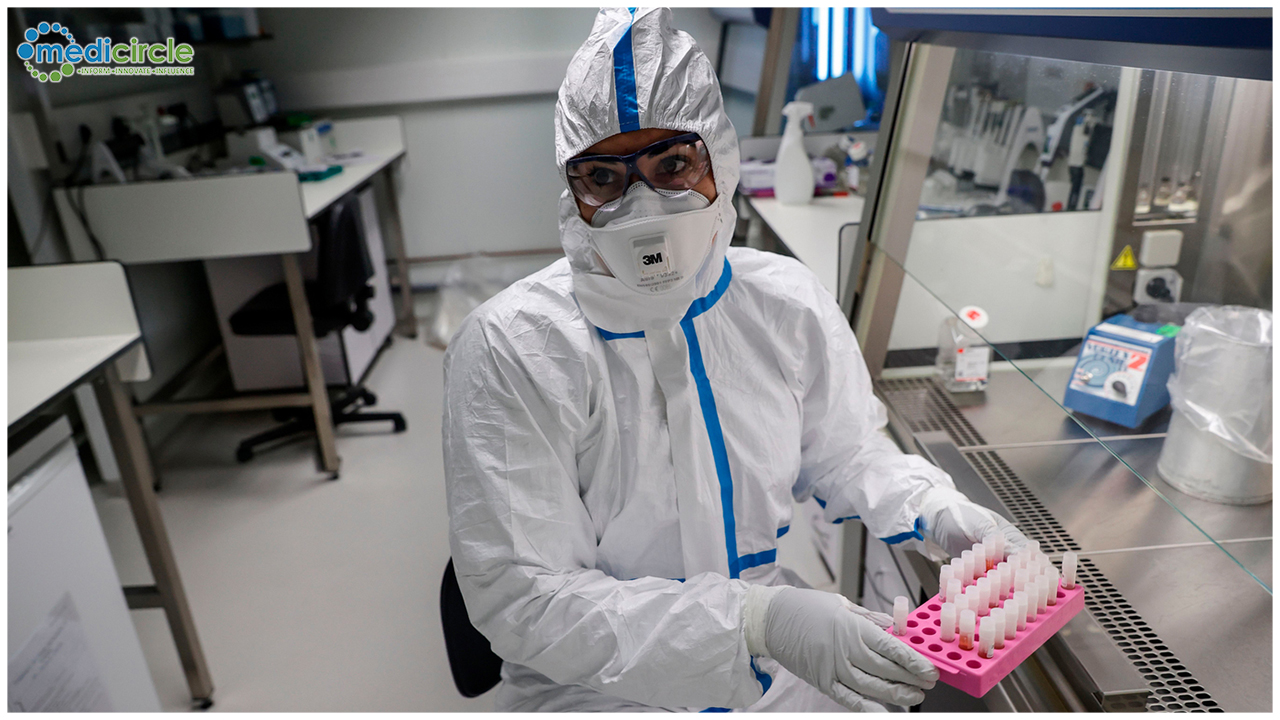
 A recent study from China that has not gone through peer review reported on rhesus monkeys that recovered from Sars-Cov-2 and did not get reinfected when exposed once again to the virus
A recent study from China that has not gone through peer review reported on rhesus monkeys that recovered from Sars-Cov-2 and did not get reinfected when exposed once again to the virus





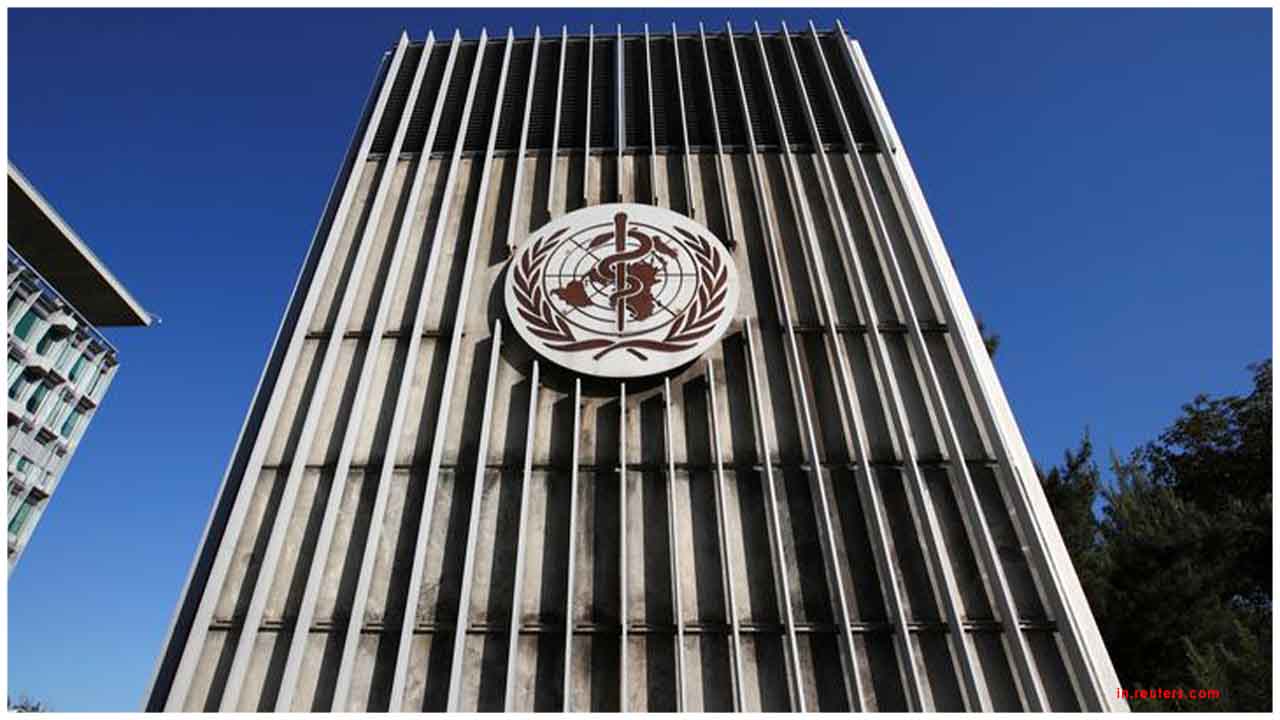

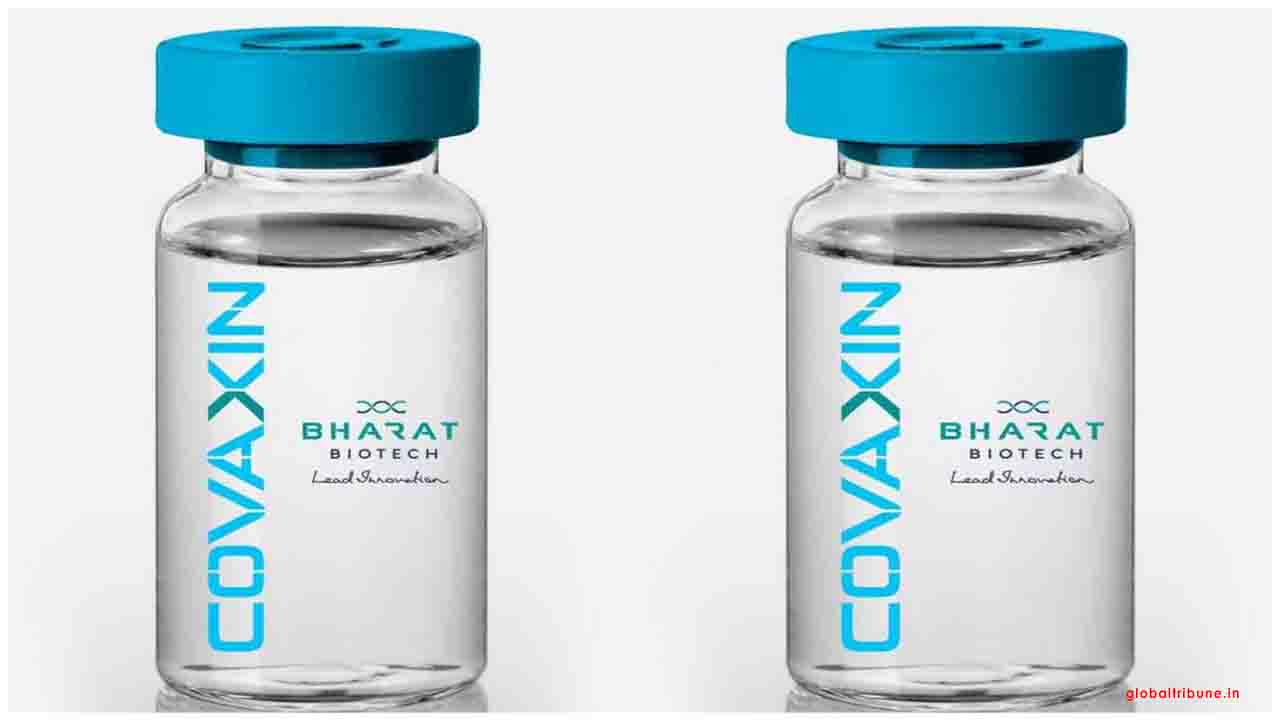

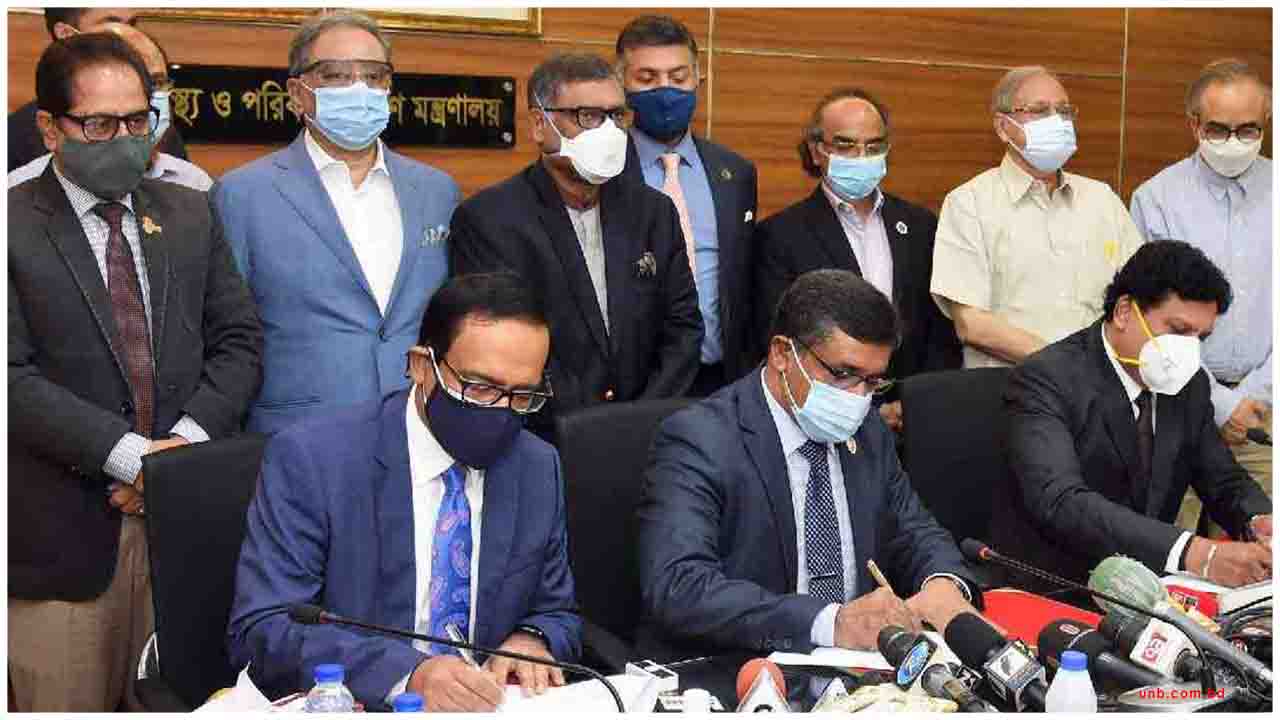
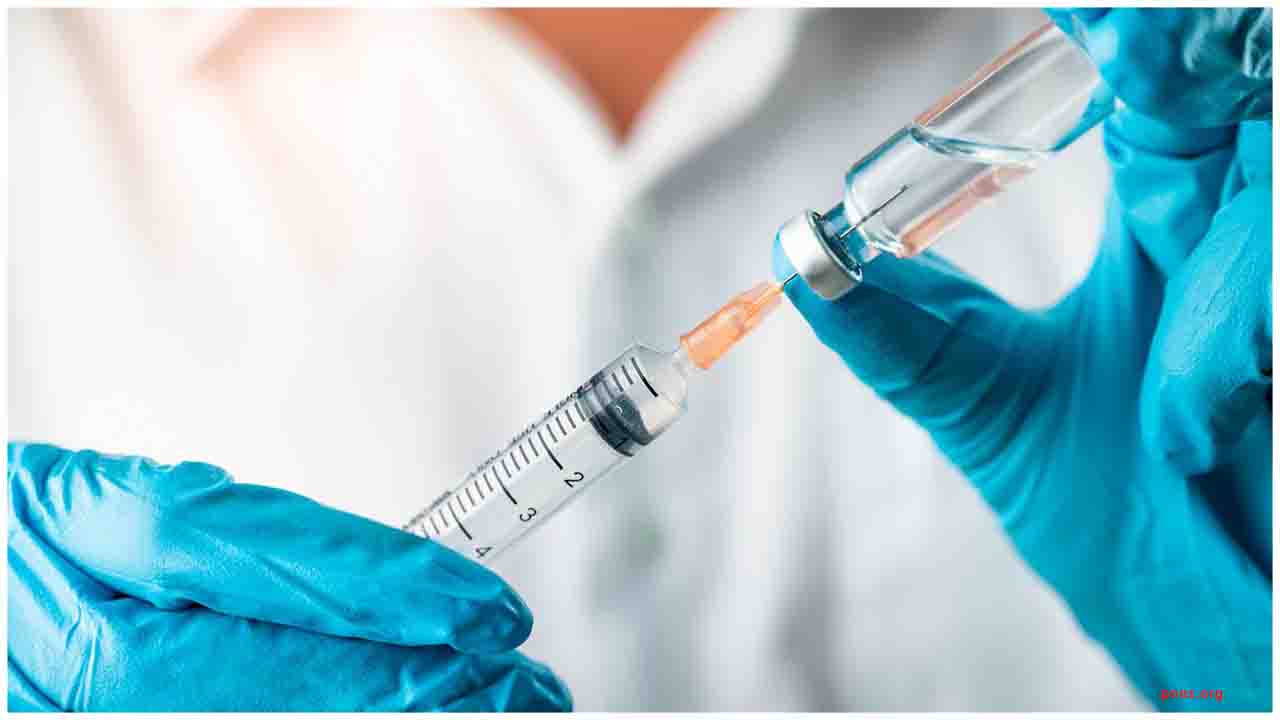





.jpeg)

.jpeg)










.jpg)




.jpg)

